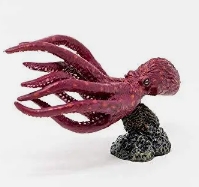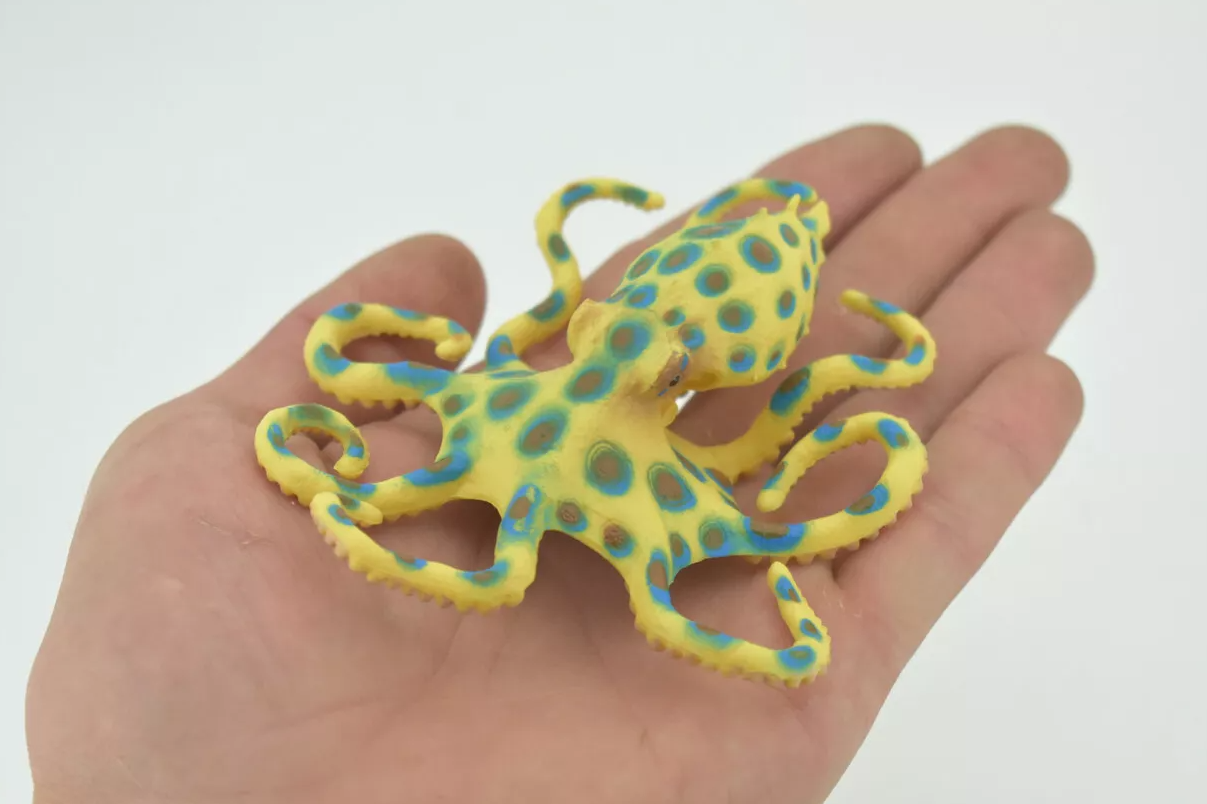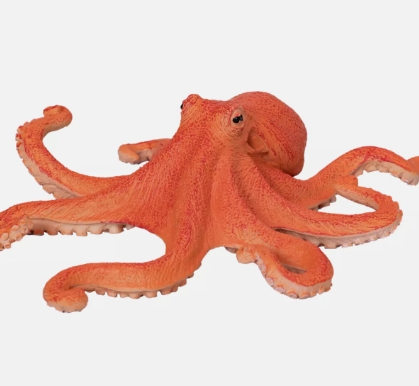Octopus (Octopus spp.) is famous for its unique physiological characteristics and high intelligence, and is widely used in the field of biological research and ecological protection. The octopus model simulates its biological structure, behavioral patterns, and role in the ecosystem to help scientists and educators better understand this mysterious sea creature.
The study of the octopus model includes its complex nervous system, color-changing ability and hunting strategy. By observing the octopus model, the researchers were able to explore its adaptation strategies and predator-prey relationships in the ecological chain. This is crucial to understanding the dynamics of Marine ecosystems.
In terms of education, octopus models can be used as excellent tools for classroom teaching, enabling students to learn about the biological characteristics and ecological importance of octopuses through intuitive simulation experiences. This interaction not only stimulates students' interest in learning, but also raises public awareness of Marine conservation.
Overall, octopus models are of great value in scientific research and ecological education, helping to maintain Marine ecological balance and promote the goal of sustainable development.




